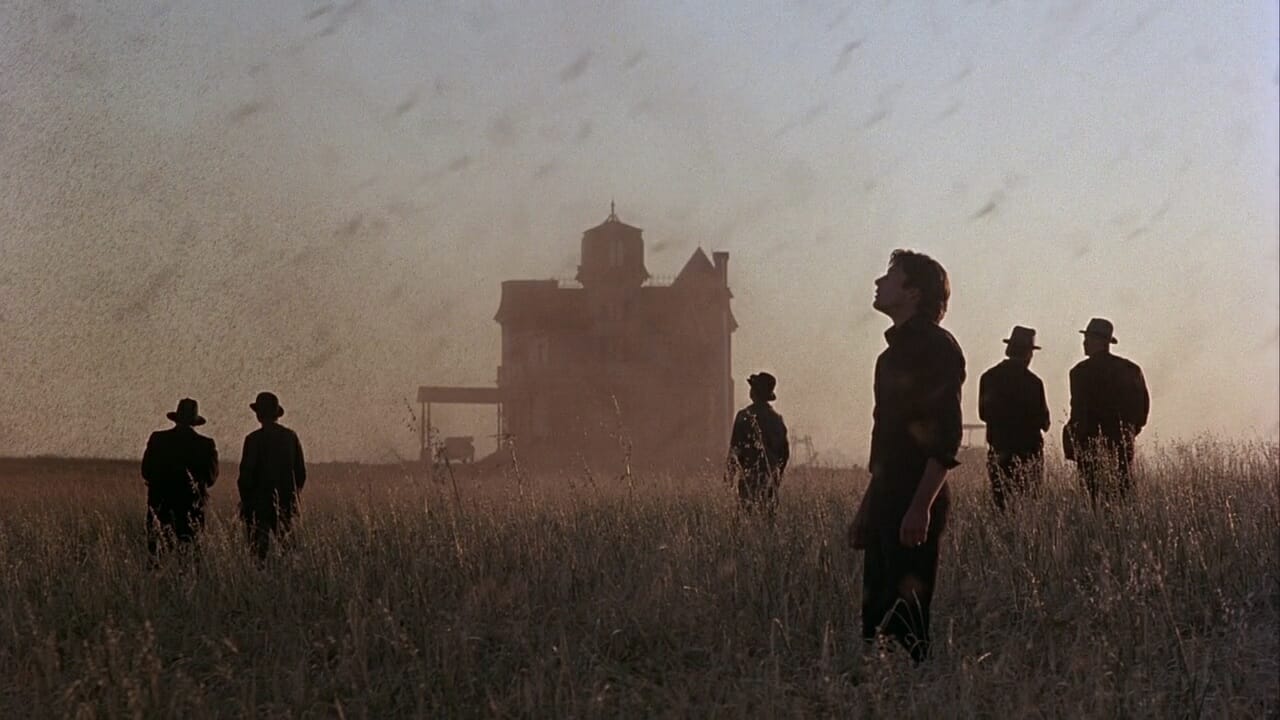-
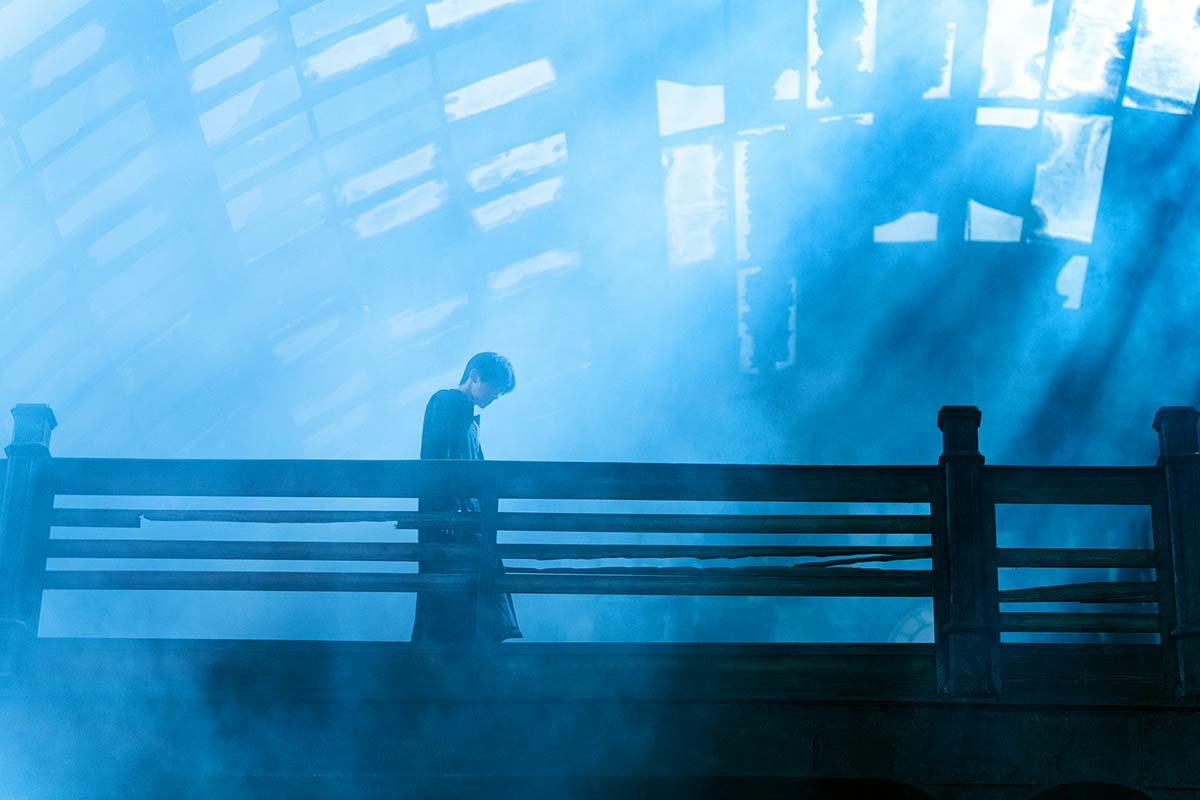
Resurrection (2025)
Bi Gan’s metamodern autopsy of cinema may be elusive in its dreamlike passage through time, yet in becoming one of the medium’s most transcendent accomplishments in recent years, Resurrection enacts the intersection of art and reality as a transient, bittersweet exchange.
-

The Best Films of the 1960s
The greatest films of the 1960s, from the French New Wave to its subversive Spaghetti Westerns.
-
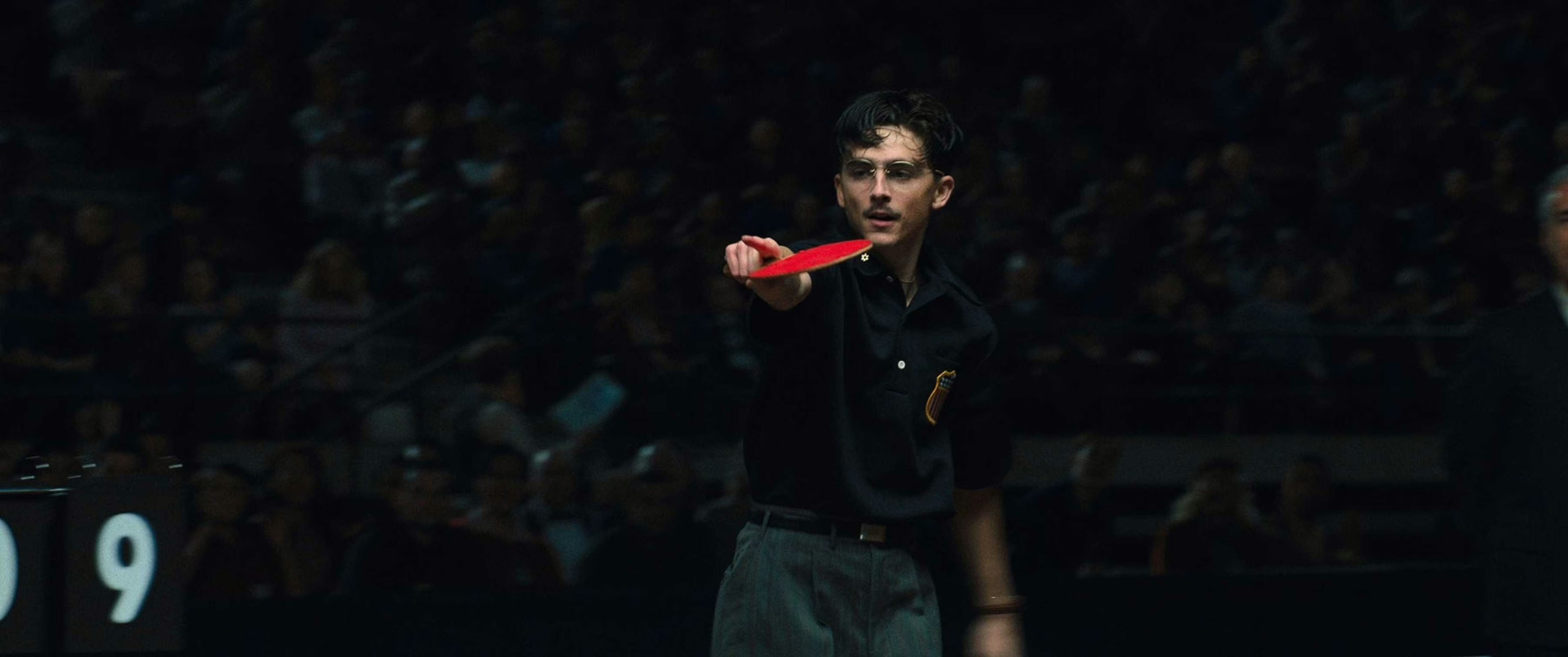
Marty Supreme (2025)
Table tennis superstar Marty Mauser is unlikeable a sports movie antihero as they come, and through Josh Safdie’s abrasive illustration of a self-serving quest for glory, Marty Supreme propels his morally dubious ventures forward on waves of frantic, pulsating momentum.
-

Blue Moon (2025)
Richard Linklater sensitively bares the lonely, eccentric soul of Broadway lyricist Lorenz Hart in Blue Moon, locating him on the opening night of his old creative partner’s newest hit, and tracing the heartbreak, jealousy, and self-sabotage that send him spiralling towards oblivion.
-
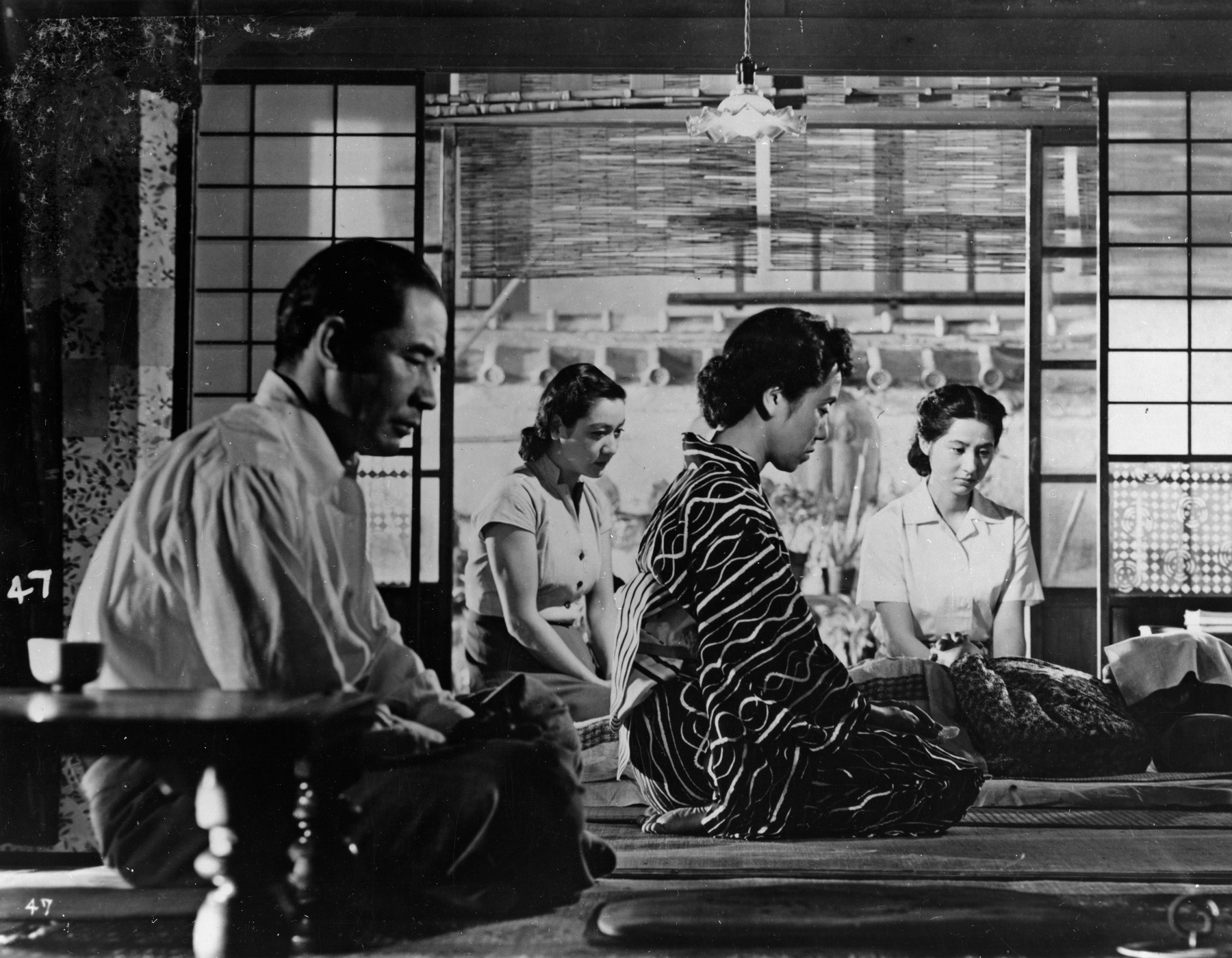
The Best Films of the 1950s
The greatest films of the 1950s, from the classic Hollywood musicals to Japan’s Golden Age of cinema.
-

Train Dreams (2025)
Everything that the devoted family man of Train Dreams holds dear is a transient heartbeat in the grand scheme of history, and Clint Bentley’s impressionistic lens joins him in tenderly contemplating its slow surrender to time, marrying curatorial precision with a luminous, transcendent spirit.
-
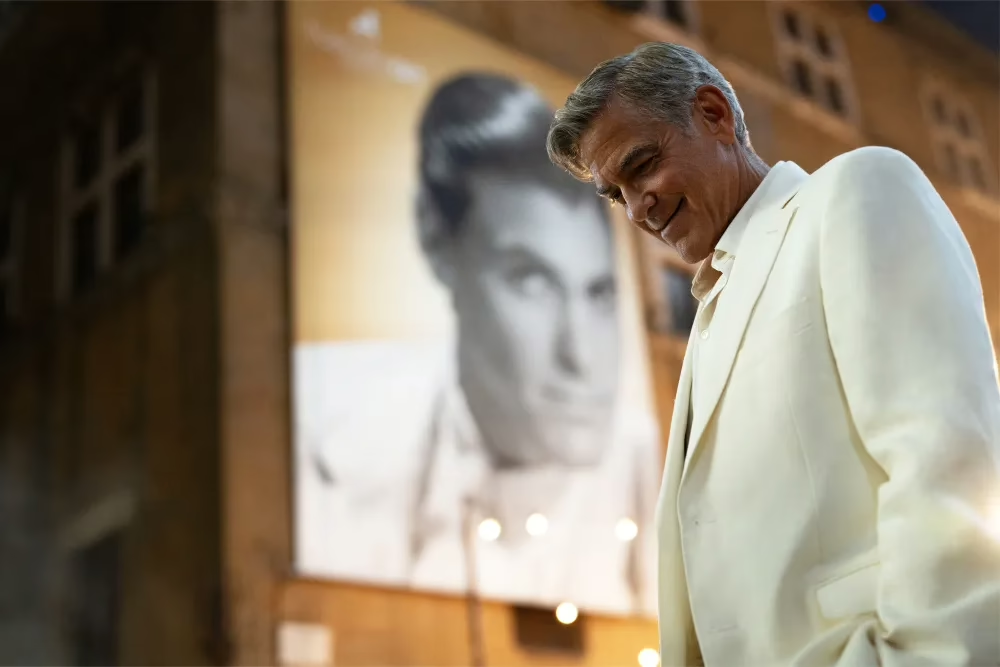
Jay Kelly (2025)
Memory is the only projector that Hollywood celebrity Jay Kelly willingly surrenders to in his twilight years, and as he watches those frames of his regretful past unspool, Noah Baumbach composes a bittersweet reflection on the fragility of selfhood beneath the glare of stardom.
-
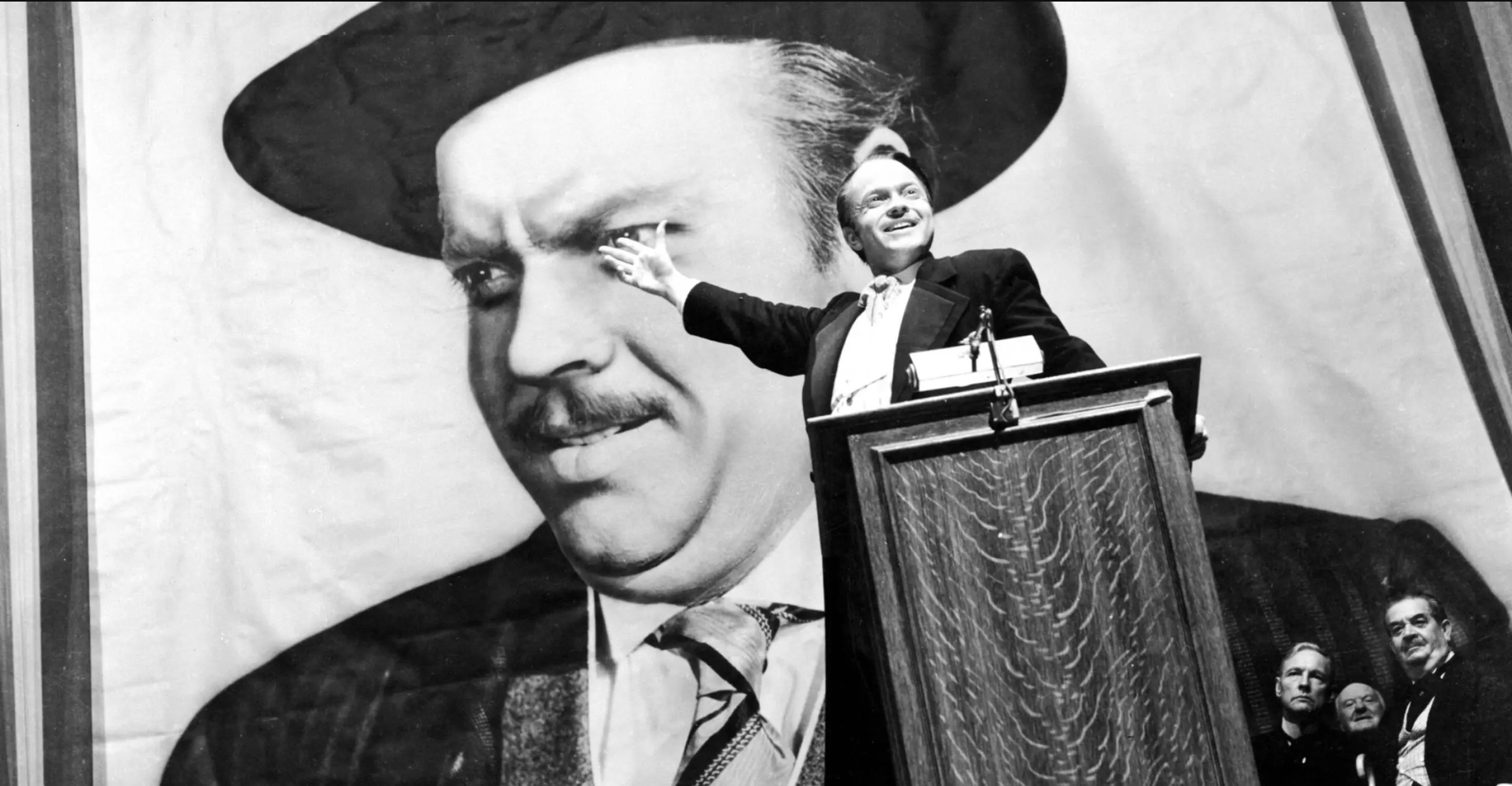
The Best Films of the 1940s
The greatest films of the 1940s, from Italian neorealism to the birth of film noirs.
-
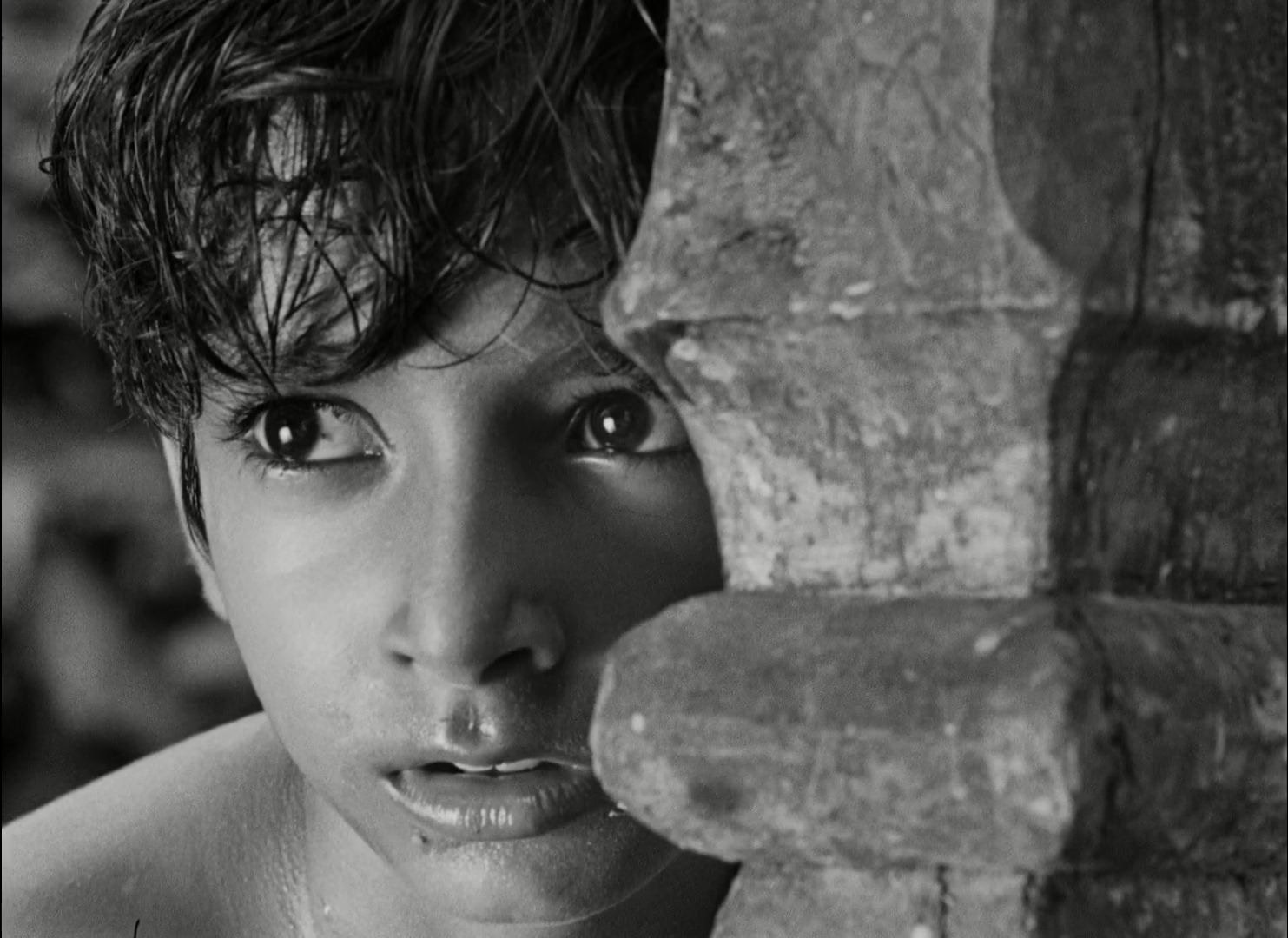
Pather Panchali (1955)
Six-year-old Apu may revel in the bright innocence of his rural childhood, yet the sacred cycles of Satyajit Ray’s natural world persist, holding memories of joy and sorrow within Pather Panchali’s timeless, primordial pulse.
-
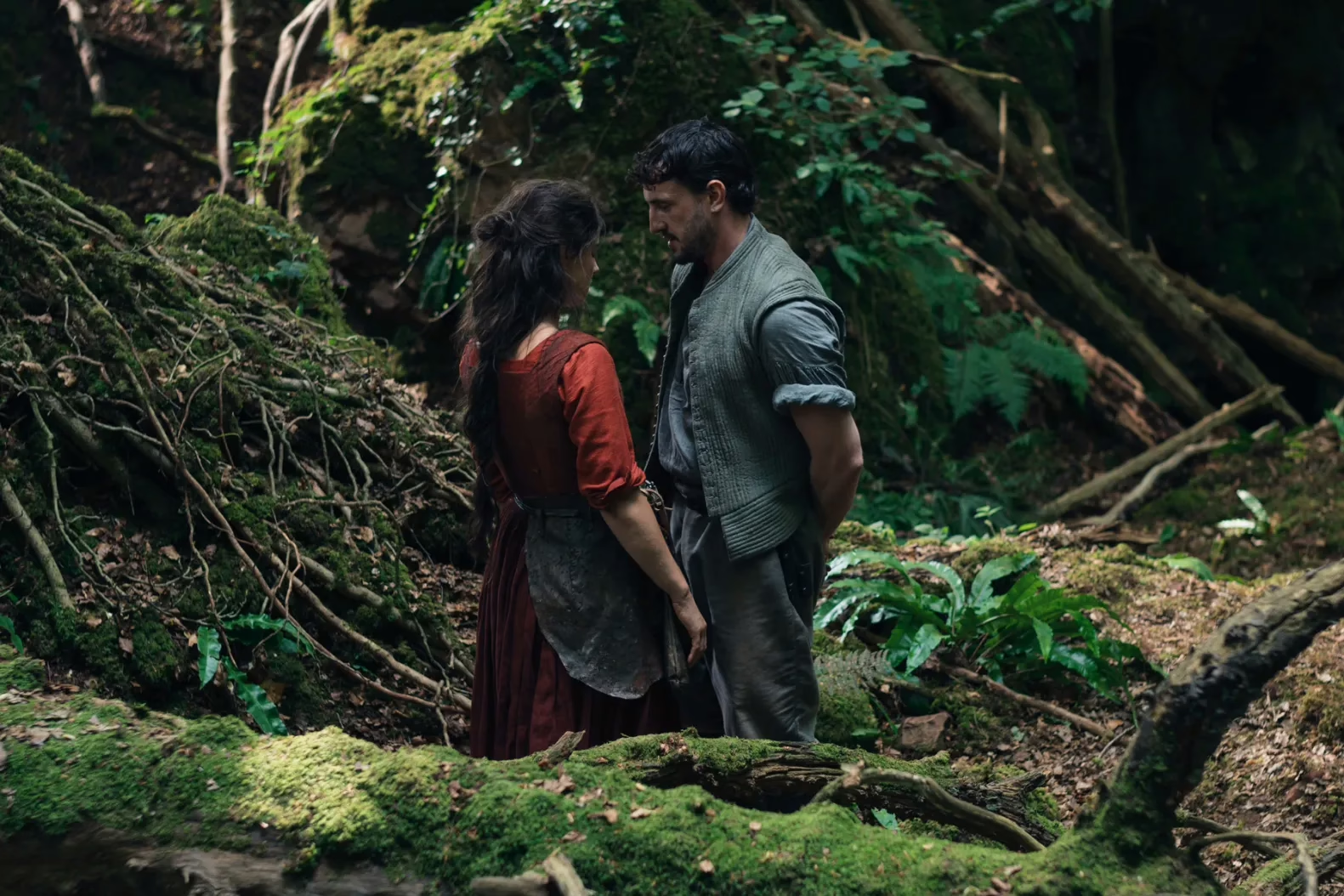
Hamnet (2025)
There is no reading of Shakespeare’s plays more intimate than that which considers his grief over his son’s passing, and as Chloé Zhao lyrically visualises this transmutation of pain into poetry in Hamnet, the very act of storytelling bridges the chasm between life and death.
-
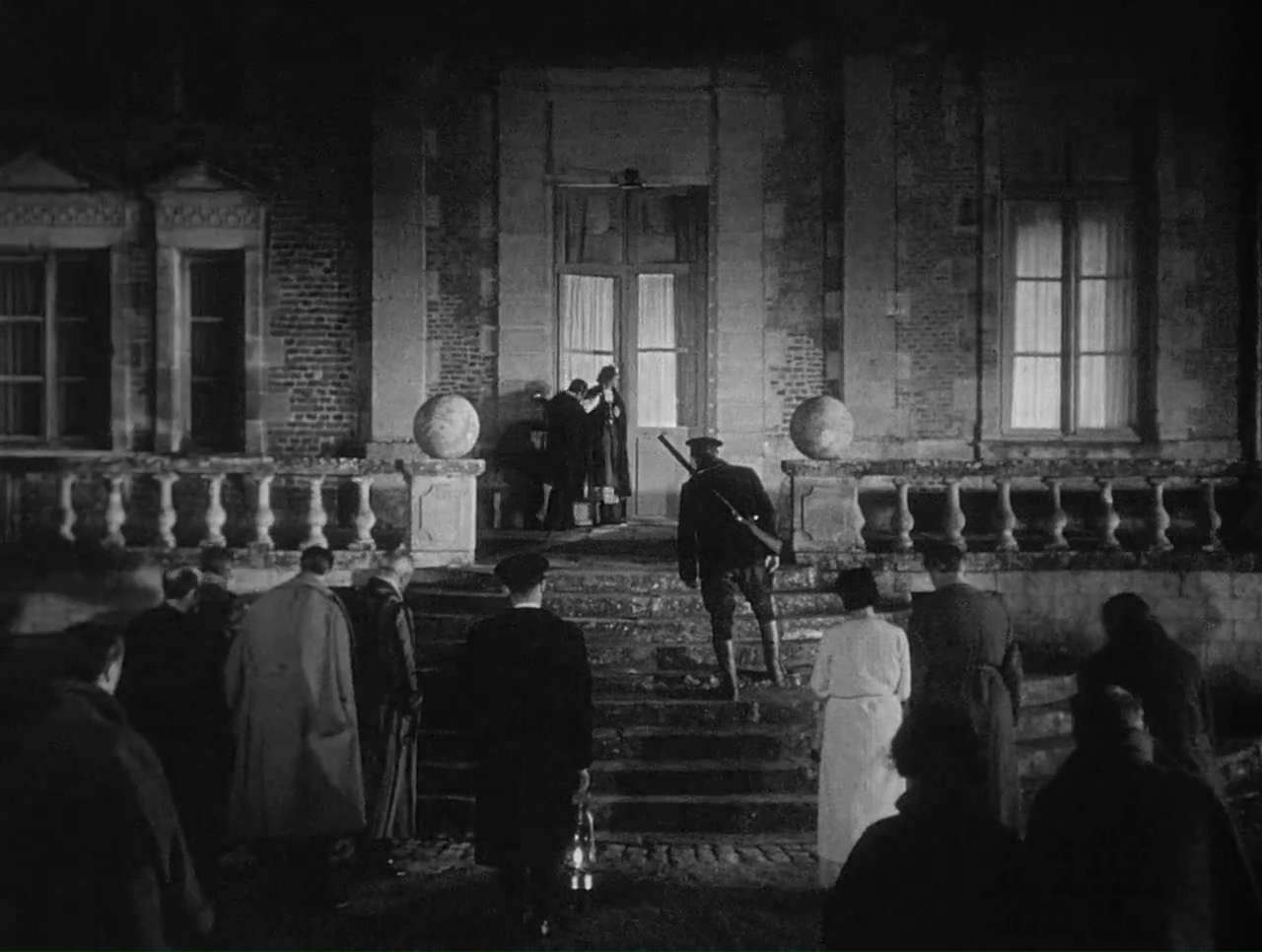
The Best Films of the 1930s
The greatest films of the 1930s, from France’s poetic realism to the rise of Technicolor and talkies.
-
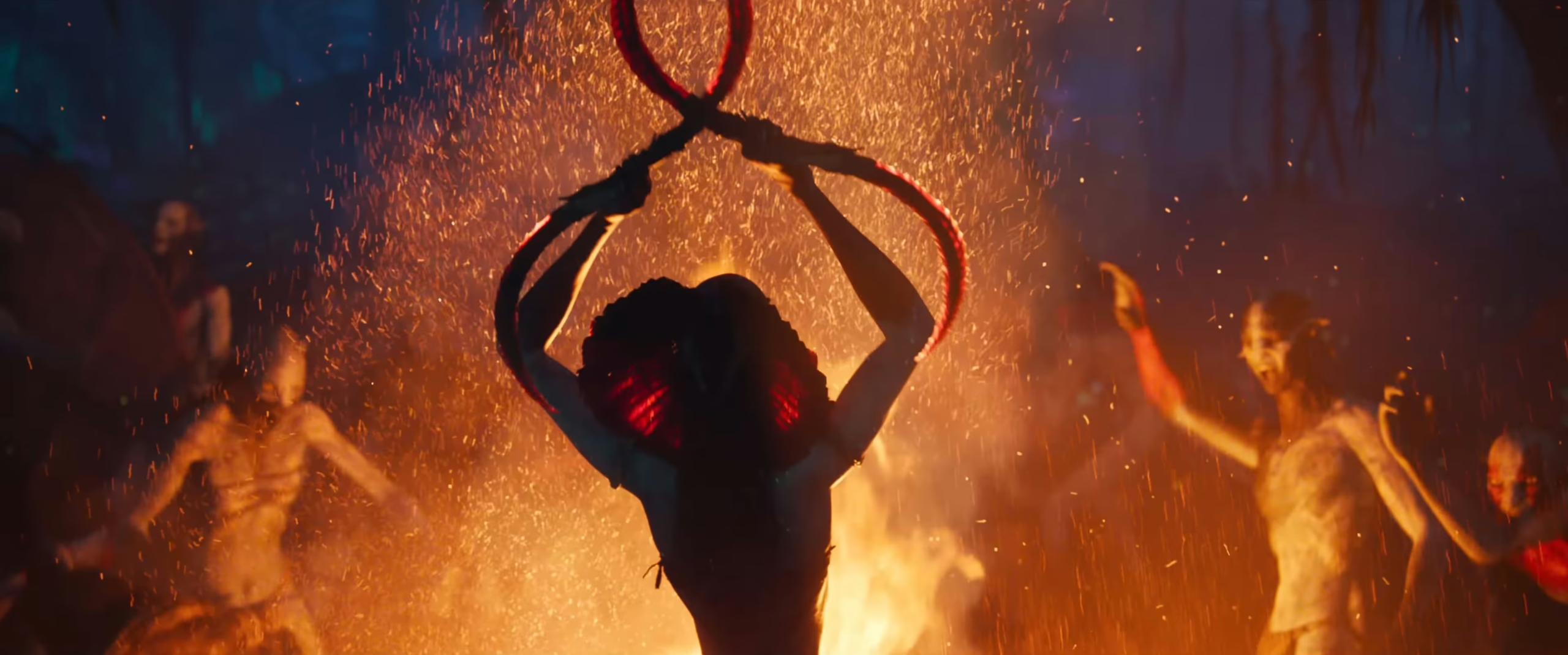
Avatar: Fire and Ash (2025)
As James Cameron continues to forge his epic saga of spirituality and survival through the elements, Avatar: Fire and Ash tests the threads of tradition which binds its clans together, drawing dangerous new alliances that ignite a crucible of faith, fury, and primordial spectacle.
